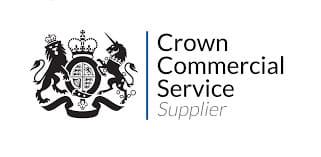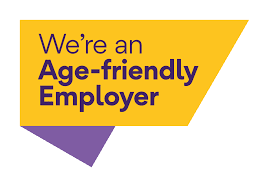Article 3: HR Roundtable 13: Unconscious Bias and Organisational Change: A Candid Conversation
The topic of unconscious bias and impact on the organisation was heavily by attendees at our HR Roundtable 13: Black Representation in Business. The conversation touched upon various aspects of bias, including its existence in decision-making, diversity, and inclusion initiatives, and the effectiveness of employee resource groups. This article delves into the key points and takeaways from the conversation.
Recognising Unconscious Bias
The conversation began with an exploration of unconscious bias, which refers to the unintentional preferences or prejudices that influence our decision-making, often without our awareness. Zoe, one of the participants, acknowledged the importance of recognizing and addressing unconscious bias within organisations. She emphasised the need to create a safe space for employees to openly discuss these biases.
Structural Problems and Unconscious Bias
The discussion then delved into how unconscious bias manifests in organisations through structural problems. One participant provided examples from the conservation sector, highlighting the misconception that experts should educate communities without truly understanding their needs and priorities. This approach assumes that communities lack knowledge, interest, or understanding, leading to a paternalistic dynamic. This unconscious bias can hinder meaningful change within organisations.
Another participant shared their experience in a financial sector company that conducted unconscious bias training. While the training identified biases, it failed to translate into actionable steps for addressing these biases. This highlighted the challenge of moving from awareness to meaningful change within organisations.
The Role of Networking and Exposure
Networking and exposure emerged as important factors in addressing unconscious bias. Participants discussed how networks, particularly employee resource groups, can provide a sense of psychological safety and a platform for underrepresented employees to share their experiences and collaborate on solutions. However, there was also a recognition that networks should not be siloed, and leaders should actively participate to create meaningful change.
Milestones for Change
The conversation emphasised the importance of setting achievable milestones when working towards eliminating unconscious bias within organisations. Participants agreed that breaking down the journey into smaller, manageable steps helps maintain motivation and progress. Establishing realistic outcomes and dedicating resources to achieve them is essential for measuring and sustaining change.
The Complexity of Change
The participants acknowledged that meaningful change takes time, and that cultural transformation is a gradual process. They highlighted the challenge of broadening networks and addressing unconscious biases while preserving and respecting different cultures and backgrounds within organisations. It was recognised that the journey towards a more inclusive organisation is not linear and requires continuous effort.
The candid conversation on unconscious bias and its impact on organisations revealed several critical insights. Recognising and addressing unconscious bias is essential for fostering diversity and inclusion. Employee resource groups and networks play a vital role in creating a sense of psychological safety and providing a platform for collaboration. However, these networks should not exist in isolation, and leaders must actively participate in creating change. Setting achievable milestones, dedicating resources, and acknowledging the complexity of cultural transformation are key to making progress. The journey towards a more inclusive organisation may be challenging, but it is necessary for meaningful change to occur.

Contact us
Call us on 07930 356305 or email HQ@russam.co.uk








